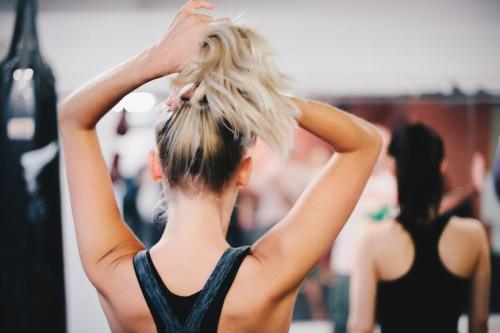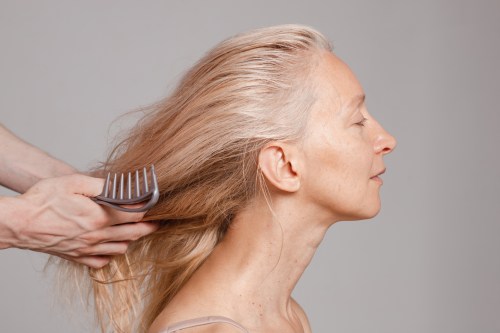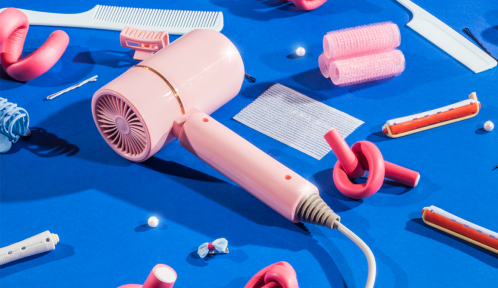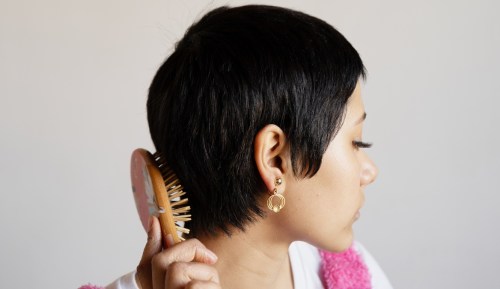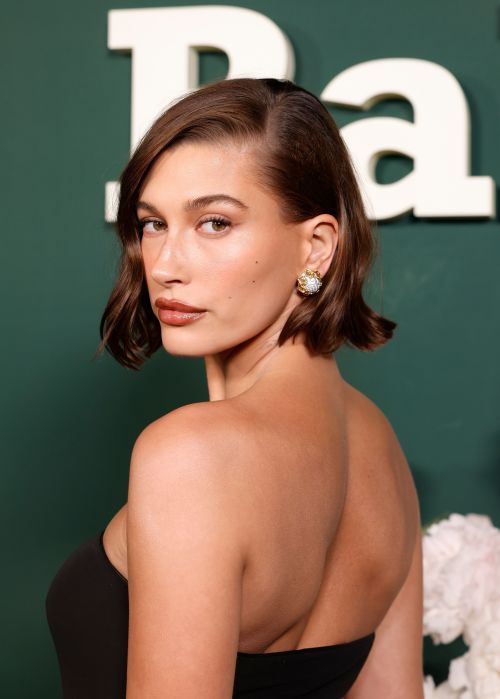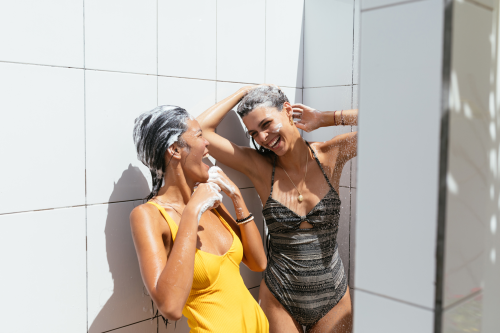My hair tie is like my closest companion. The solid black ponytail holder wakes up with me in the morning, keeps me company all throughout the workday, holds my hair up while I’m sweating my ass off in a workout, and has even traveled the world while around my wrist. But guess what? Despite everything that my hair tie does for me, I’ve never even thought about washing it. Cue the record scratch.
The thing is, hair ties are a lot like your clothing—they get dirty. And that can mean picking up all kinds of unwanted germs. “Many fabrics absorb sweat and bacteria throughout the day, including hair ties and hairbands, especially during workouts,” says Rachel Nazarian, MD, a board-certified New York City dermatologist at Schweiger Dermatology. Well, that’s gross to hear.
Despite absorbing bacteria and potentially fungus (gulp), dirty hair ties won’t necessarily bother your skin, for instance. “It’s not a major issue for skin care unless the items come into contact with the skin, like headbands, which are rubbing and occluding the forehead and consistently contaminating skin with the combination of sweat and bacteria,” says Dr. Nazarian. However, if, for instance, you tie your hair up with a bacteria-ridden band, your hair can absorb some of that gunk and then get on your pillowcases at night as you sleep. Then, that could ultimately make its way to your skin spelling trouble over time. It’s like a chain-reaction, but happily it’s easy to fix.
Just wash your hair ties. “These should be washed daily, and especially after every workout,” she recommends. “Thankfully it’s quite easy: basic soap and water do the trick. For a simple hack, you can put them into the pockets of your clothing and throw them in the wash. They’ll stay put and get clean right along with the rest of your clothes.”
If you know your lazy habits and just don’t see yourself washing your hair tie on the reg, you’ve got options. Dr. Nazarian advises to look for hair ties infused with copper fibers, which “naturally act as an antibacterial and antifungal,” she says. Or you can opt for a plastic tie, like Invisibobble or Teleties, which don’t absorb all that filth. How could you do me so wrong, hair BFF?
In other useful hair news, here’s the lowdown on chin hair in women. And this is why body hair is promoting big bush energy.
Sign Up for Our Daily Newsletter
Get all the latest in wellness, trends, food, fitness, beauty, and more delivered right to your inbox.
Got it, you've been added to our email list.
